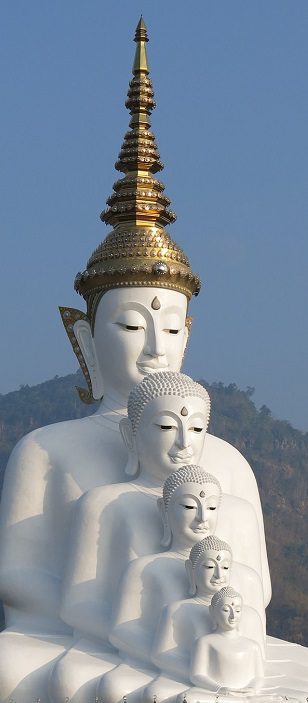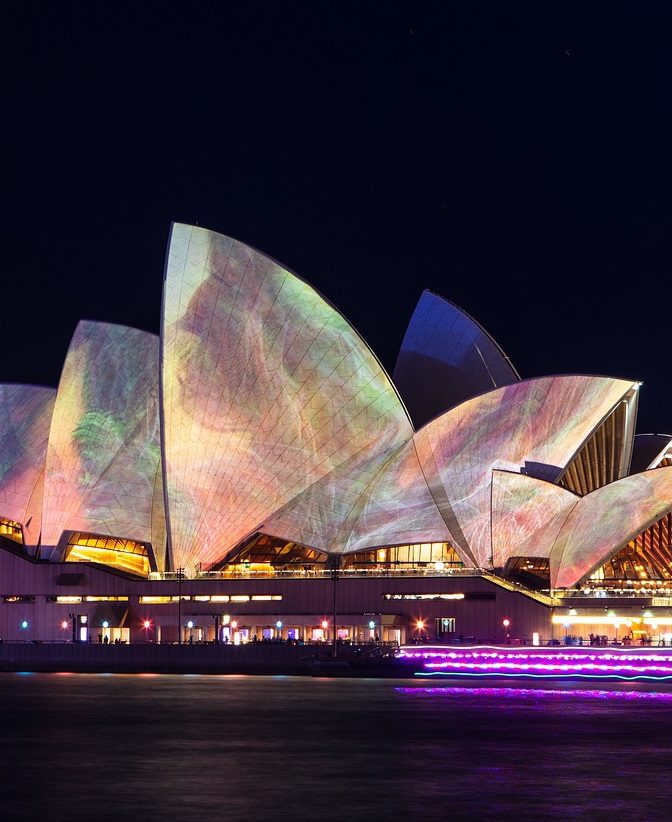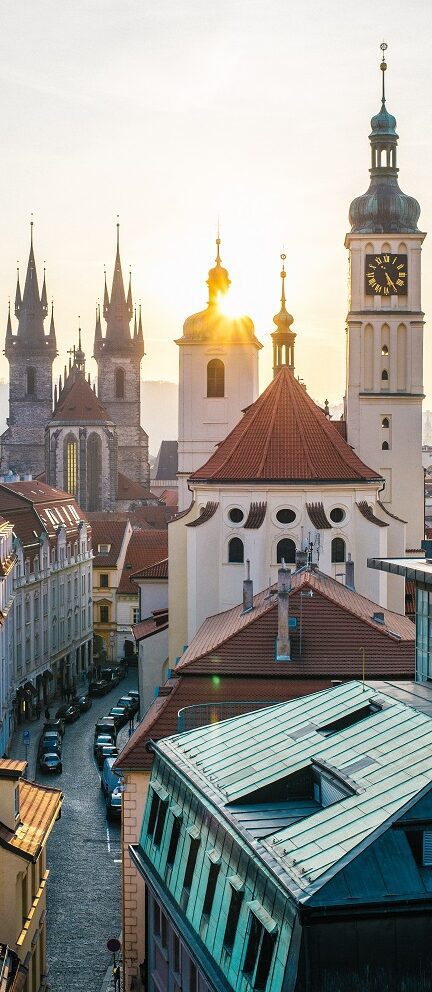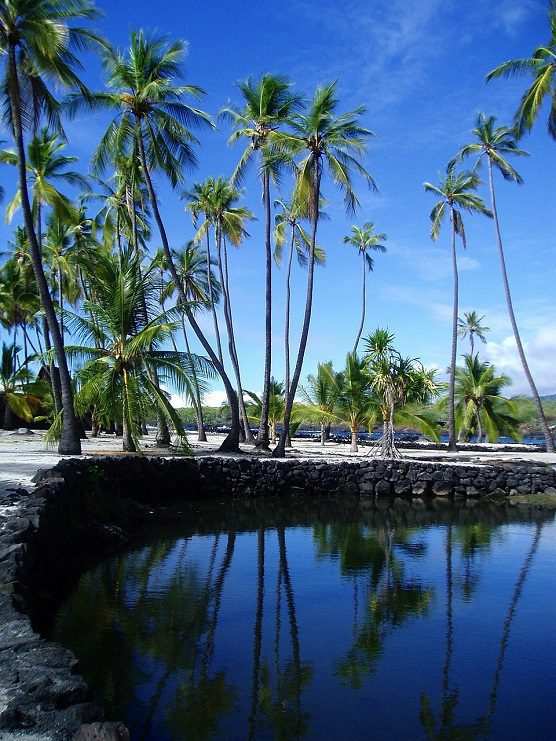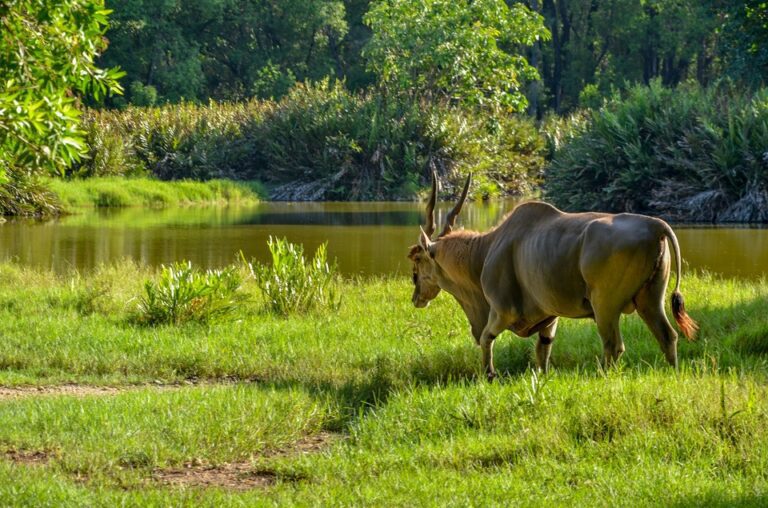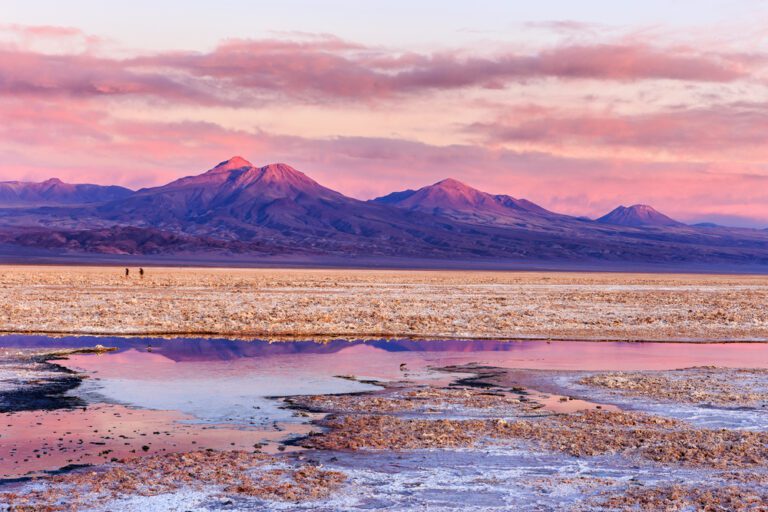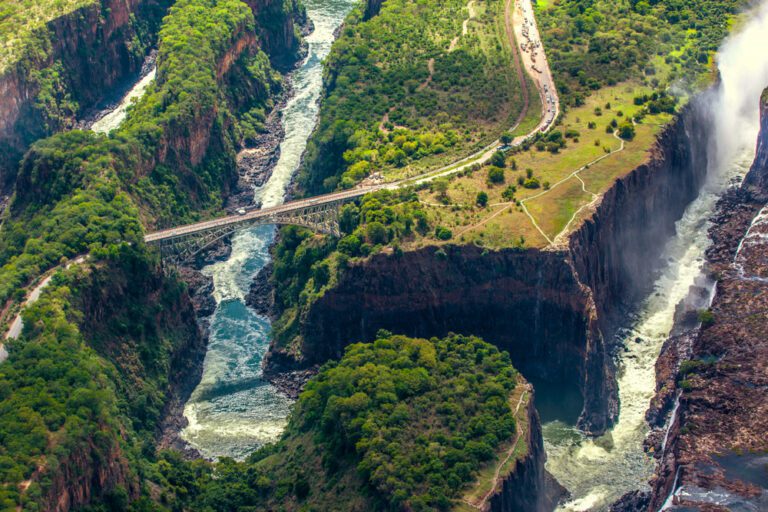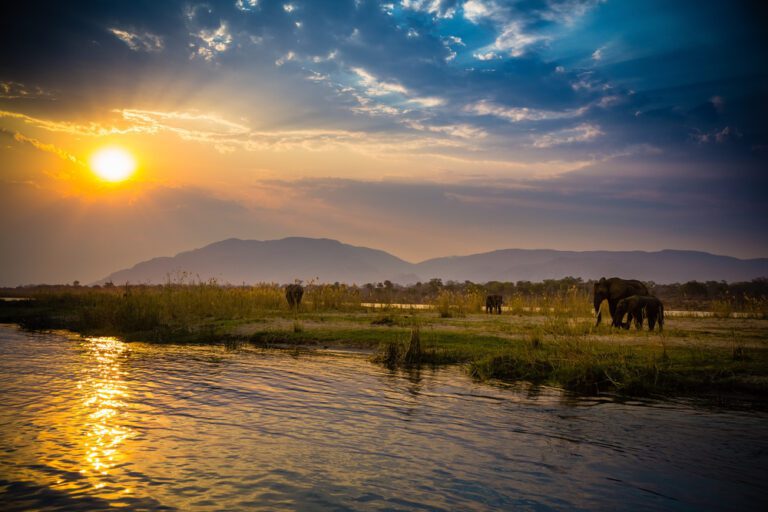Hollywood directors have long grasped the luminous romantic appeal of Paris. The Seine was turned into a set when MGM made its studio musical An American in Paris (1951), recreating the cobbled riverside walk along the Quai de Montebello for Gene Kelly and Leslie Caron to dance along at night. Even mid-afternoon a rare solitude holds sway on this charmed stretch, where usually the only sound is the echo of your footsteps. A few steps away is the spot for a reunion between the paramours in Before Sunset (2004), This is Shakespeare and Company, a much-cherished, delightfully ramshackle bookshop where Ethan Hawke’s Jesse begins the him with a signing of his novel.
The shop’s curators delight in books as objects, including Art Deco-embossed reprints of F Scott Fitzgerald. Upstairs, visitors take turns to entertain each other on an obdurate upright piano, while in the poetry comer a box labelled Lonely Hearts and Missed Connections contains tiny outpourings of the heart on scraps of paper and old receipts. ‘Mon cher Noam,’ reads one. ‘Ever waiting for the day you come back to me.’

The Pantheon – a Neoclassical church-turned-mausoleum – is king of the hill in this part of town. Crouching behind it is the smaller and older church of Saint-Etienne-du-Mont. The comer entrance betrays none of its cinematic status. A passer-by might perch outside to peer at a map, unaware that on these steps, Owen Wilson sat awaiting his nightly lift in Woody Allen’s Midnight in Paris (2011), to be whisked back by antique car to the demi-monde of the 1920s.
The five-star Hotel Scribe, near the Palais Gamier opera house, was a cafe back in the days of the Lumieres, when they premiered their first filmmaking experiments in 1895. Crystal chandeliers abound, and the lobby’s fireside armchairs look built for giants. This was used as the residence of Meryl Streep’s Miranda Priestley, during the fashion-week section of The Devil Wears Prada (2006).
That film found an ideal venue for the week’s climactic party, at the Musee de la Mode, Paris’s fashion museum housed in the 19th-century Palais Galliera. Sculpted in white stone, the colonnaded building showcases dazzling designs from the likes of Sonia Rykiel, Yves Saint Laurent and Christian Lacroix, many of them him outfits worn by stars like Catherine Deneuve and Audrey Hepburn.

The Eiffel Tower got a prominent billing in the Bond film A View to a Kill (1985) – Grace Jones’s ferocious May Day jumped off it in a black ninja costume, her parachute somehow concealed. The restaurant inside, where she assassinates Roger Moore’s dining companion using a poisoned fishhook concealed in a butterfly puppet, is listed in the credits, erroneously, as Le Jules Verne, on the tower’s second floor. In fact, it must have been shot elsewhere, since the Verne’s three kidney-shaped rooms around the perimeter don’t even slightly resemble the establishment on screen. Mid-afternoon, business lunchers eke out their coffee before the pristine white tablecloths are reset for dinner. Although not the view to a kill, it does have a killer view – you’ll need to book three months ahead for the possibility of a window table.
Christopher Nolan’s Inception (2010) invents a city of dreams. The architecture student played by Ellen Page is meant to design a series of levels inside the mind of a sleeping target, but needs to be shown a simulation first: enter Paris. At the Pont de Bir-Hakeim, now regularly referred to as the ‘Inception Bridge’, the film creates an endless vista by swinging two giant mirrors closed, so that its metal colonnades go on forever. Alas, this isn’t an everyday feature of this cultish meeting place, which on a typical afternoon serves as a backdrop mostly for street performers and newlyweds’ photoshoots.


